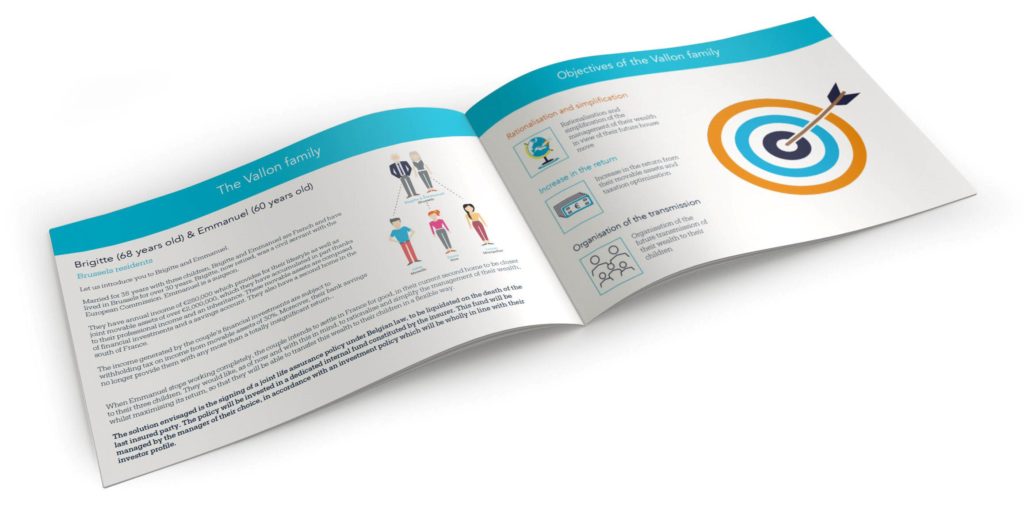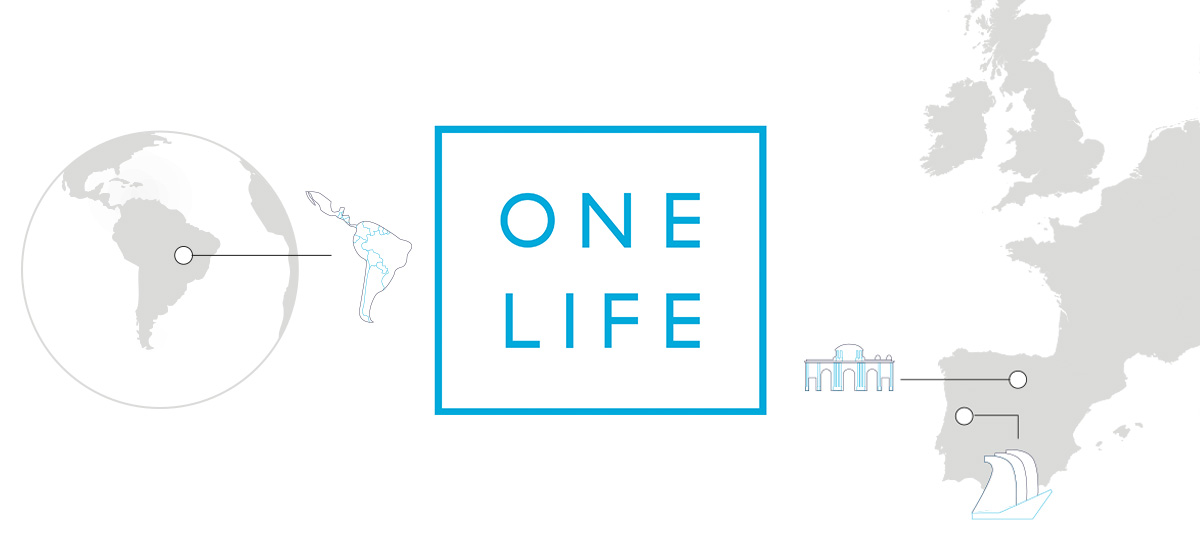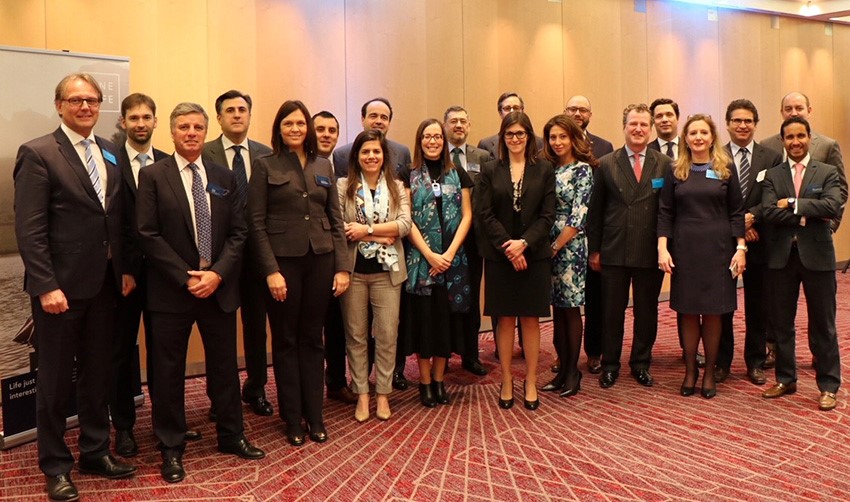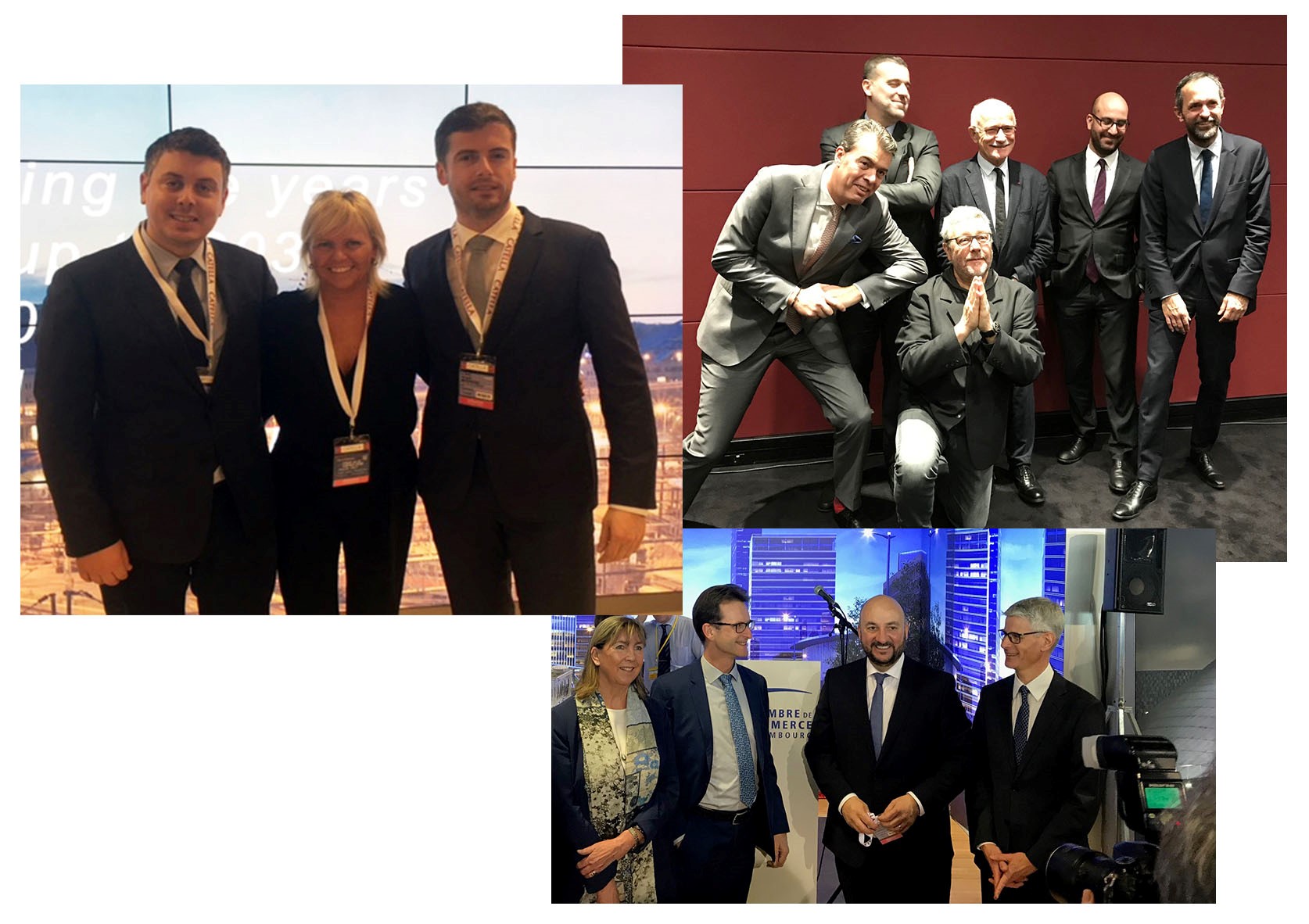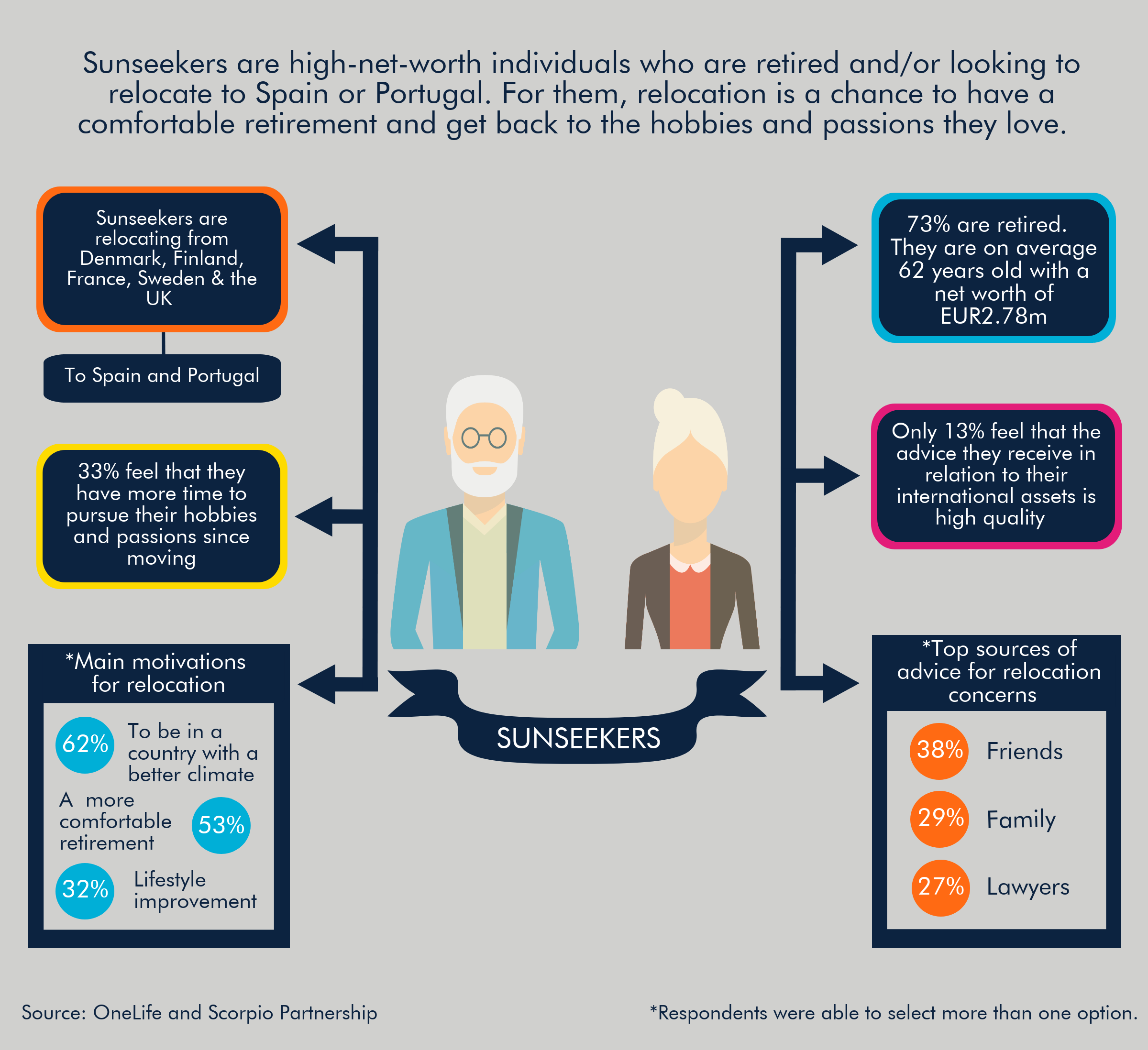IDD, MiFID 2, PRIIPS… strange acronyms which probably don’t mean much to most people as well as a random and sometimes contradictory communication. But these regulations may well prove to be the investor’s guardian angel.
The new IDD, MiFID and PRIIPs regulations impose new rules on financial institutions (banks, asset managers, insurers but also distributors of financial products etc.) and aim to establish a stricter framework for services provided to investors. Here is an overview of the main provisions, common points and differences.
The aims are basically the same for these three regulations but their regimes, obligations and methods imposed are quite different.

1 – IDD, MiFID 2, PRIIPS: definitions
Firstly, what is the IDD, about which we so often hear in the insurance world?
The IDD, Insurance Distribution Directive, is a European directive published on 2 February 2016 in the Official Journal of the European Union (directive 2016/97). The directive constitutes a new stage in the standardisation of legislation for the European insurance market.
It is intended both for consumers and insurance professionals:
- life insurance/assurance companies, obviously, but also
- insurance intermediaries and
- other insurance distributors
The directive also aims to align the insurance regime with the regime applicable to banks and other financial establishments following the MiFID 2 directive. The IDD was initially supposed to apply from 23 February 2018, but its application was recently postponed.
The MiFID 2, or Markets in Financial Instruments Directive 2, was adopted on 15 May 2014 and aims to remove the loopholes revealed by the 2008 financial crisis. This directive and the so-called MiFIR regulation of 15 May 2014 form a whole applicable from 3 January 2018 onwards.
The aim of the MiFID 2/MiFIR regulations is to adapt legislation to technological change, to make the financial markets more resistant to the volatility in the global economy and to enhance the transparency and protection provided to investors, be they natural person clients or professional investors, albeit to differing degrees.
These regulations also strengthen the powers of the regulatory authorities and are applicable to financial institutions, be they:
- credit institutions (banks)
- asset managers
- any other company offering investment services (investment, order execution, advice, wealth management etc.)
2 – IDD, MiFID 2, PRIIPS: shared objectives
The objectives of the IDD and of MiFID 2 are, then, basically the same and can be summarised as follows:
- Enhancing the protection of investors via specific obligations (personalisation of advice, mandatory professional training, and prevention and management of conflicts of interest)
- Providing a stricter framework for the added value and the quality of the services provided to investors (detailed analysis of requirements, of the profile and of the strategy and mandatory evidencing of the fit between the advice and the requirements)
- Enhancing transparency for investors in respect of remuneration, monitoring and governance obligations and pre-contractual obligations)
The IDD also provides for bringing the obligations of players from the world of insurance more closely into line with the obligations in place in the financial sector, in particular the general obligation incumbent on all financial and insurance players to carry out their business honestly, fairly, professionally and in the best interests of their clients.
3 – IDD, MiFID 2, PRIIPS: specific but similar obligations
Both the methods adopted and certain objectives are specific to each directive. The IDD is founded on four distinct objectives specific to the insurance distribution market:
- Governance of the product will be made stricter via the definition of the target market, a regular review of the appropriateness of the product in view of the target market and the reinforcement of the monitoring of distributors
- Reinforced requirements in terms of skills and experience for all persons involved in the distribution of insurance, whether they be the personnel of insurance companies but also intermediaries and their distribution personnel, via the obligation to provide proof of receiving 15 hours of training per year but also to prove that they are “fit” and “proper”
- Reinforcement of the duty of advice of all insurance distributors, whether they be upstream or downstream in the distribution chain, via the obligation to carry out an adequacy test between the client’s requirements and the offerings proposed and also to carry out this test periodically
- Transparency obligations in respect of costs, fees and commission received and reinforced monitoring of conflicts of interests; also – in respect of investment products founded on insurance – the obligation to inform the client initially and annually about all the product’s costs and fees (including those related to distribution)
These new obligations will have a number of effects on all insurance distribution players and OneLife stands alongside its partners to guide them in their new obligations.
As for MiFID 2, banks and other financial institutions have also seen their obligations reinforced and a somewhat stricter framework provided for technological change.
Thus, following the taking into consideration of the limits of the legislation deriving from the first MiFID directive (emergence of opaque liquidity pools, fragmentation of liquidity, impairment of the quality of information, distortions in competition, etc.) it has been decided:
- to refocus trading on organised, regulated markets
- to extend transparency rules prior to and after execution of orders
- to promote fair competition between players by aligning their organisational obligations
- to provide a stricter framework for changes in practice and the increased use of IT solutions, including a stricter framework for algorithmic trading activities in order to guarantee the stability of the markets
These obligations are similar to the obligations originating from the IDD but are broader. Nevertheless, they include obligations in respect of:
- Governance of products
- Remuneration (N.B. the MiFID directive is stricter than the IDD in terms of justification of remuneration and if a payment is no longer considered due, it must, as a matter of course, be returned to the client)
- Advice
- Transparency

The MiFID 2 directive and the comments made and measures taken for its implementation are thus a source of precious information for the implementation of the obligations deriving from the IDD.
The obligations originating from the MiFID 2 directive are, then, similar but broader and stricter than those deriving from the IDD. Clients and partners are at the heart of the concerns of OneLife, which communicates regularly on the topic and, on the strength of its expertise, has made the implementation of the new regulatory framework a priority for 2018.
OneLife is committed to accompanying its partners and clients in the implementation of these new obligations.
 Jean-Nicolas Grandhaye, Corporate Counsel, at OneLife
Jean-Nicolas Grandhaye, Corporate Counsel, at OneLife

